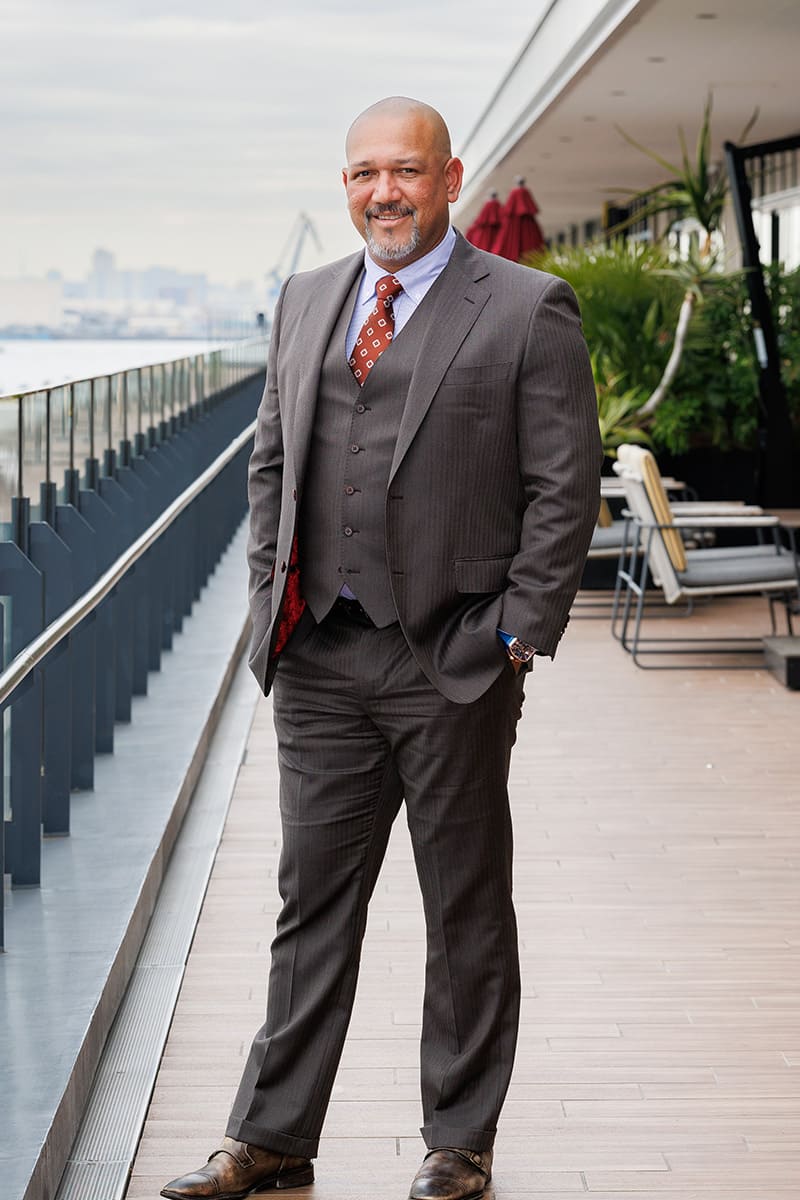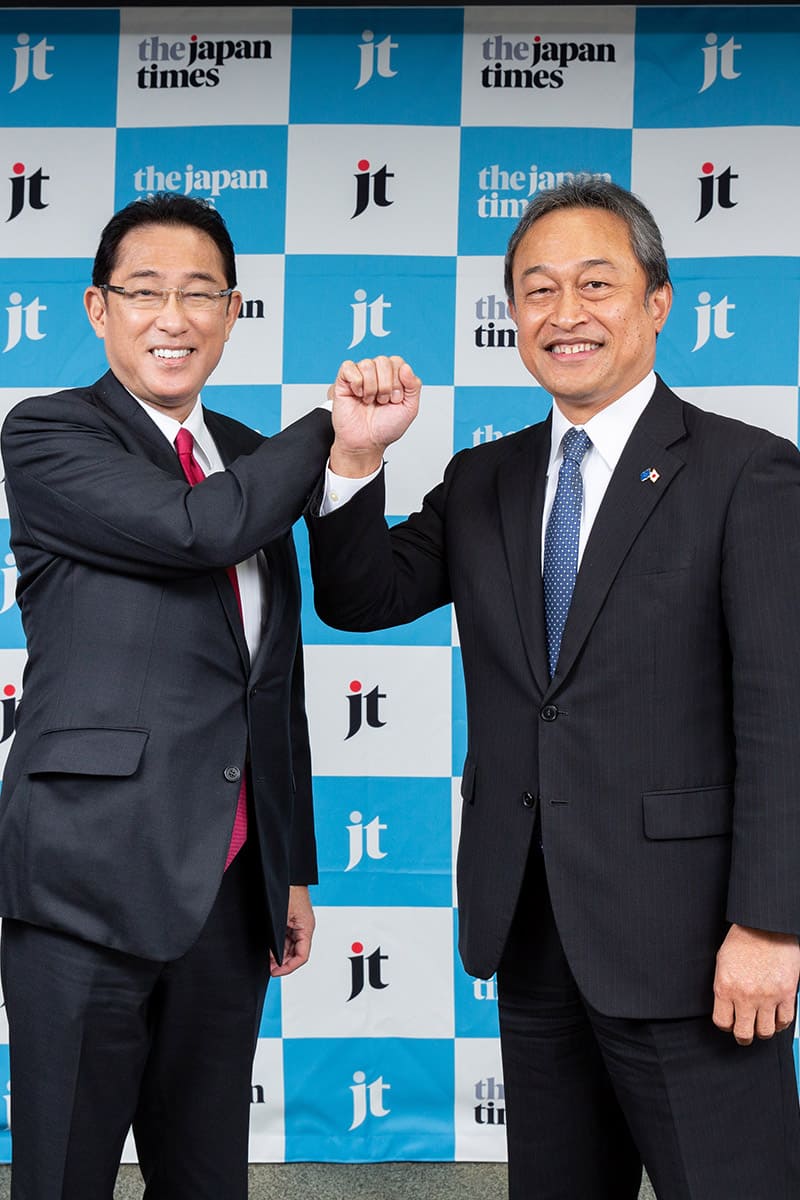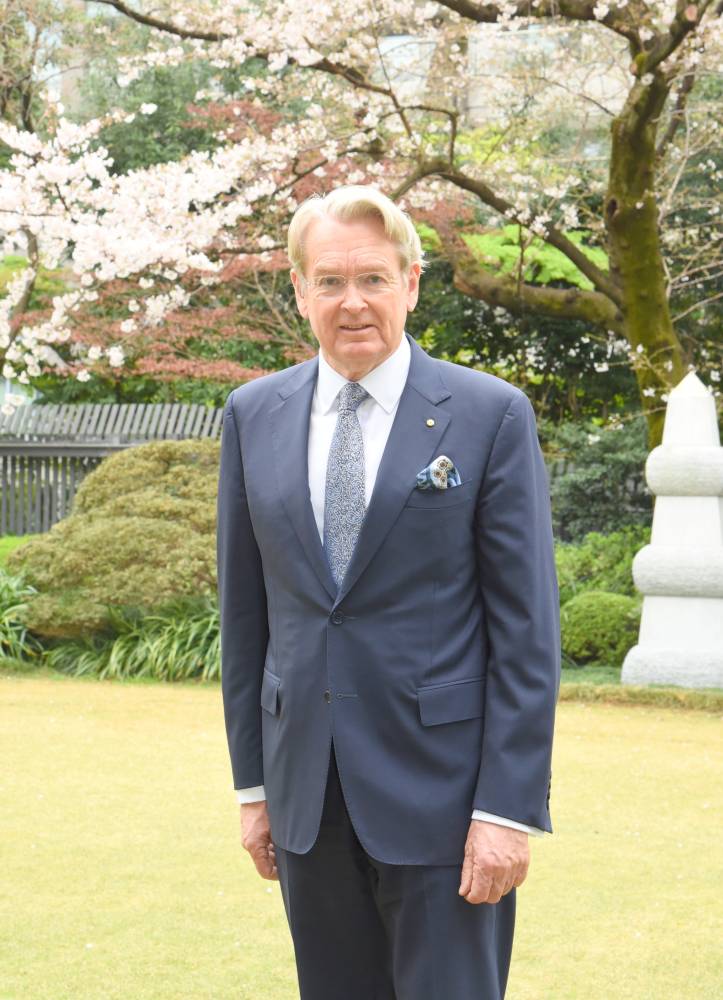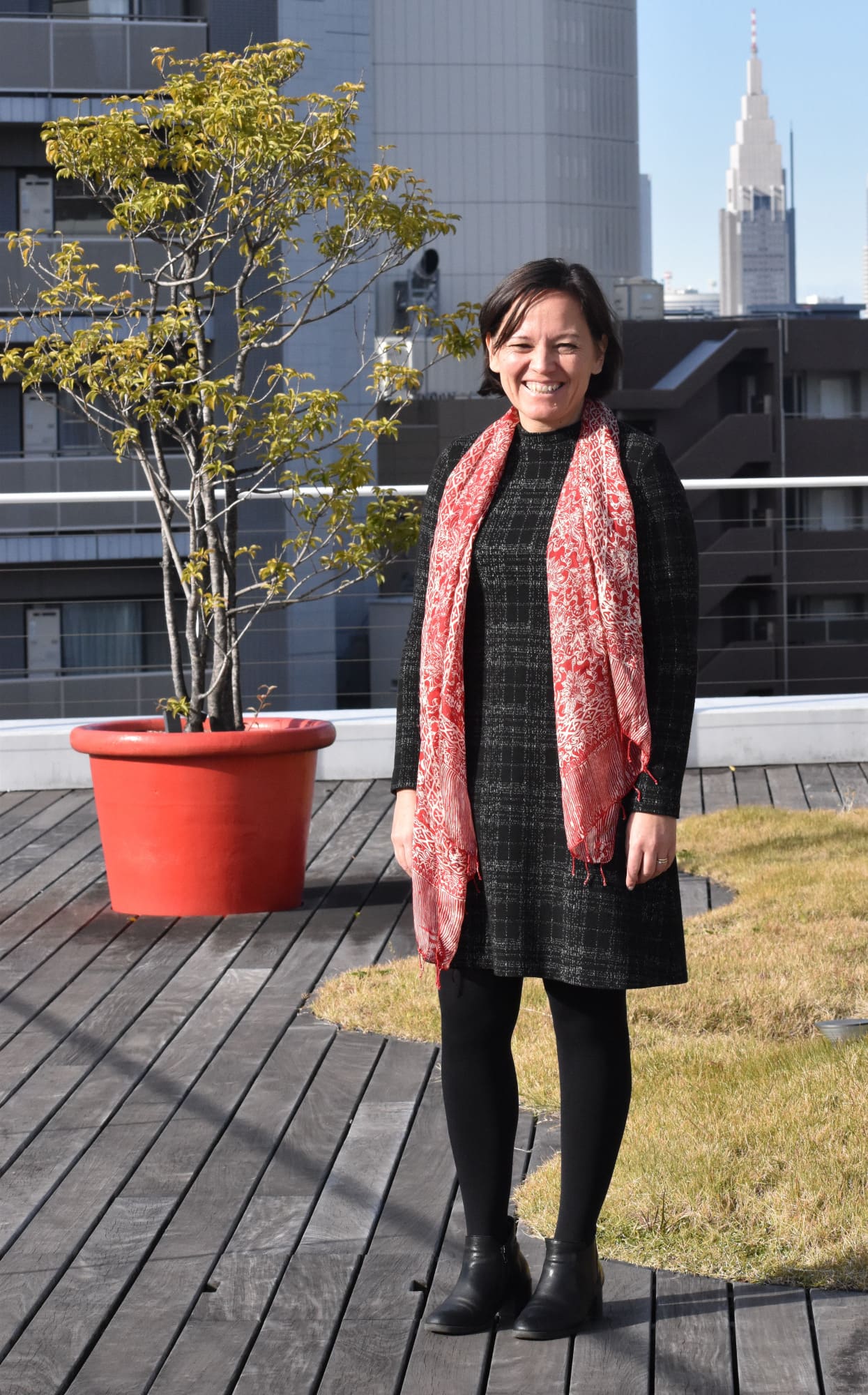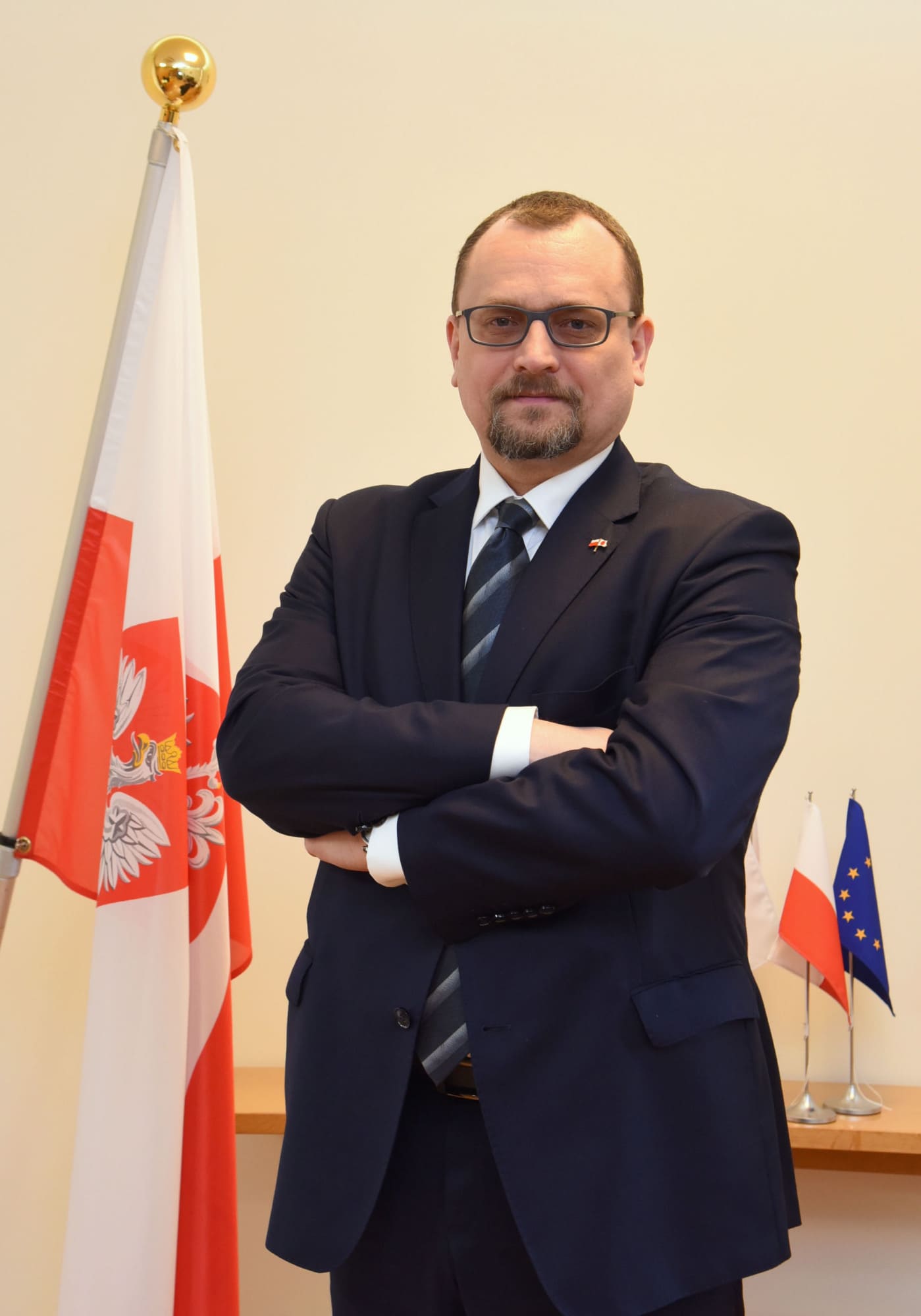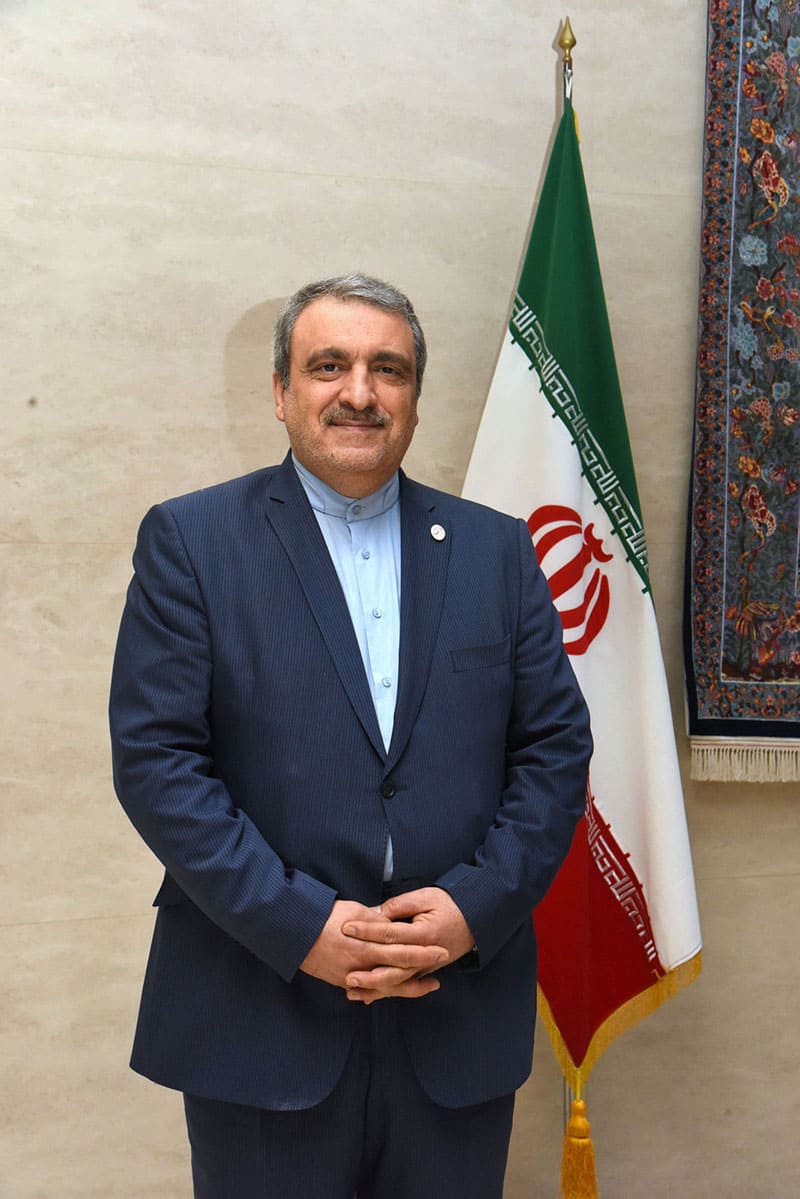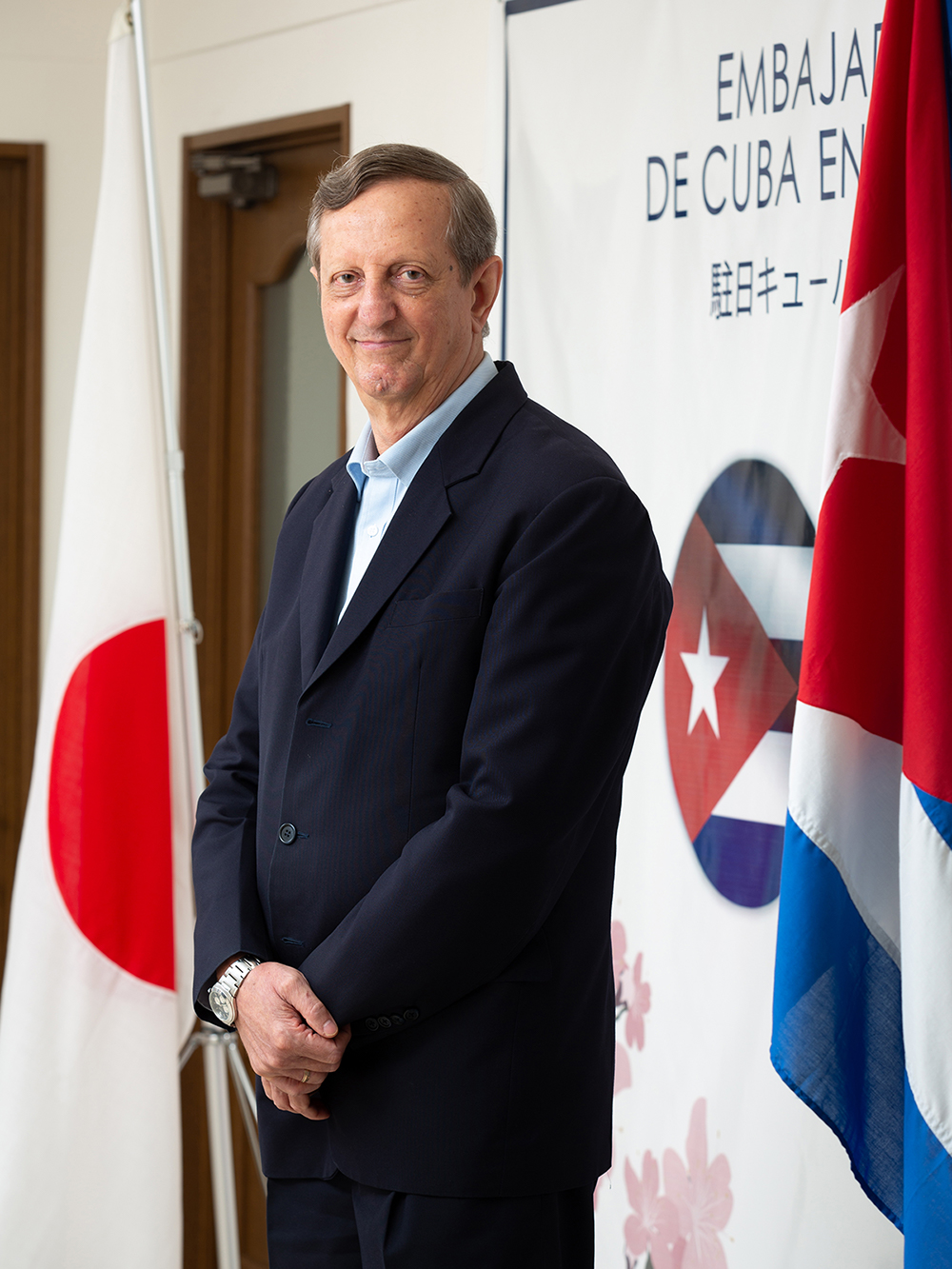
October 05, 2020
Envoy hopes Cuba studies Japan’s development path
Japanese culture had a strong influence on Ramirez and his generation
- Name: Miguel A. Ramirez
- Title: Ambassador of Cuba
- URL: http://misiones.minrex.gob.cu/es/japon
- DoB: Aug. 3, 1956
- Hometown: Havana
- Years in Japan: less than one
A veteran of several overseas postings around Asia, Miguel Ramirez was delighted to be appointed ambassador to Japan late last year. He arrived in Tokyo at the end of November and was just easing into his new role when COVID-19 was unleashed on the world. While acknowledging the challenges ahead, Ramirez remains focused on the potential for mutual growth in the Cuba-Japan relationship.
It may come as a surprise to some people that Japanese cultural values had a strong influence on Ramirez and many of his generation growing up in the years following the Cuban Revolution. In the 1950s Fidel Castro led a popular revolt against President Fulgencio Batista, becoming the country’s prime minister in 1959. With a subsequent breakdown in ties with the United States, Cuban youths were no longer exposed to American culture. They were, however, able to watch Japanese movies, including some that went on to become classics.

“I was born in 1956, so I was just 3 years old at the time of revolution. In our case, Cuba was different from other Latin American countries in the 1960s in that we were not able to watch entertainment from Hollywood. There was a passion for all the samurai movies from Japan,” Ramirez recalled. He cites director Akira Kurosawa and actor Toshiro Mifune as among those who influenced him. “Movies like (Kurosawa’s) ‘Rashomon’ and the ‘Seven Samurai’ were popular, and so for the Cubans, there was a special affection for Japan. We had the same fighting spirit and have the same sense of honor.”
Japan and Cuba also share a common love of baseball. Ramirez’s trip to Japan in 2006 for bilateral meetings — his second time here — coincided with the inaugural World Baseball Classic, an international competition held every four years. Japan was the host country that year, and he remembers how the meeting stopped so everyone could watch Japan play Cuba in the final game. The Japan team was the victor, which Ramirez admits might have helped the Cuban delegation afterward in the negotiations. “Perhaps they felt a little bad about beating us, so we had some leverage!” he said, smiling at the memory.
Cuba and Japan celebrated 90 years of diplomatic ties in 2019, but the initial connection dates back more than 400 years. The samurai Hasekura Tsunenaga led the first visit by Japanese to Cuba, arriving in Havana in 1614.
One of the early Japanese converts to Christianity, Hasekura headed a diplomatic mission to Vatican City, and his group spent six days in Havana before sailing on to Europe. A bronze statue of Hasekura was erected at the entrance to Havana Bay in 2001 to commemorate the visit.
Having traveled around and lived in various parts of Asia for his career, Ramirez always enjoys learning about the culture in each location, and Tokyo is no exception. He is pleased to see active cultural exchanges between the two nations, with performances of kabuki and wadaiko (Japanese drumming) and exhibitions of Japanese anime and film taking place in Cuba.
In turn, the embassy has been helping to bring Cuban culture to the people of Japan. One example was a concert in Tokyo in October 2018 to commemorate the 120th anniversary of the arrival of the first Japanese immigrants in Cuba. The event was held in collaboration with the Min-On Concert Association, a Japanese organization that promotes international performing arts.
Japanese tourists who travel to Cuba appreciate its culture and history, but Ramirez says the lack of a direct flight between the two countries is still an issue. “It’s like the chicken and the egg. We need to have a direct flight to attract more tourists, and tourism needs to grow for us to have this,” he said.
On a positive note, Ramirez predicts there will be potential to expand Cuba’s share of the tourism market in the post-COVID-19 era. Cuba has invested greatly in medical research and biotechnology, developing an international reputation for innovation in health care. “I believe Cuba can become the No. 1 tourist destination of Latin America in the future. When tourists go abroad, they will think about where the best medical treatment is.”
In terms of dealing with the pandemic from a global point of view, he believes that every country must work in solidarity to combat the virus.
When conditions for international travel and trade improve, he expects to see renewed growth in cultural, economic and tourism ties between Cuba and Japan. For example, he is optimistic about current negotiations between the two governments for Cuban nursing professionals to come to Japan and assist with care for the elderly.
In the long run, Ramirez hopes Cuba can emulate Japan in terms of economic development. Both are island countries with limited natural resources, and Cuba is aspiring to follow Japan’s lead in developing infrastructure and human resources.
Ramirez says he feels very comfortable in Japan, where the cultural values align closely with his own. This includes showing respect for the older generation. “I come from a very humble background, in which honor and dedication were important in the raising of a child. Therefore I have that Japanese feeling of gratitude towards my parents,” he explained.
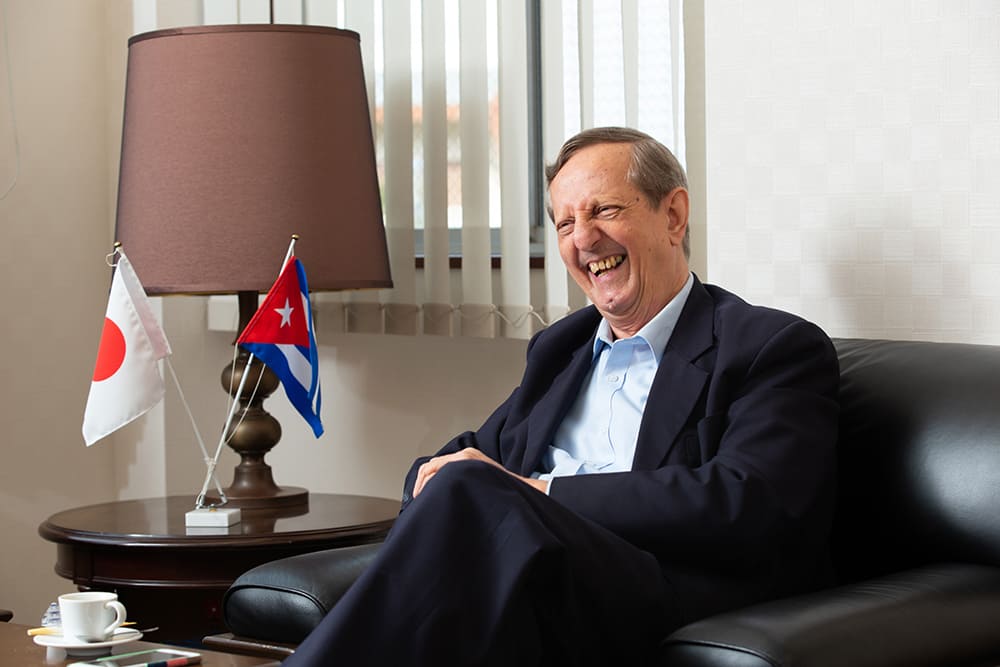
“I would say the most important thing in Cuba is to be honest. You don’t need to have a political ideology, but you have to be honest about what you do, and to yourself. This is my firm belief,” he said in closing.

